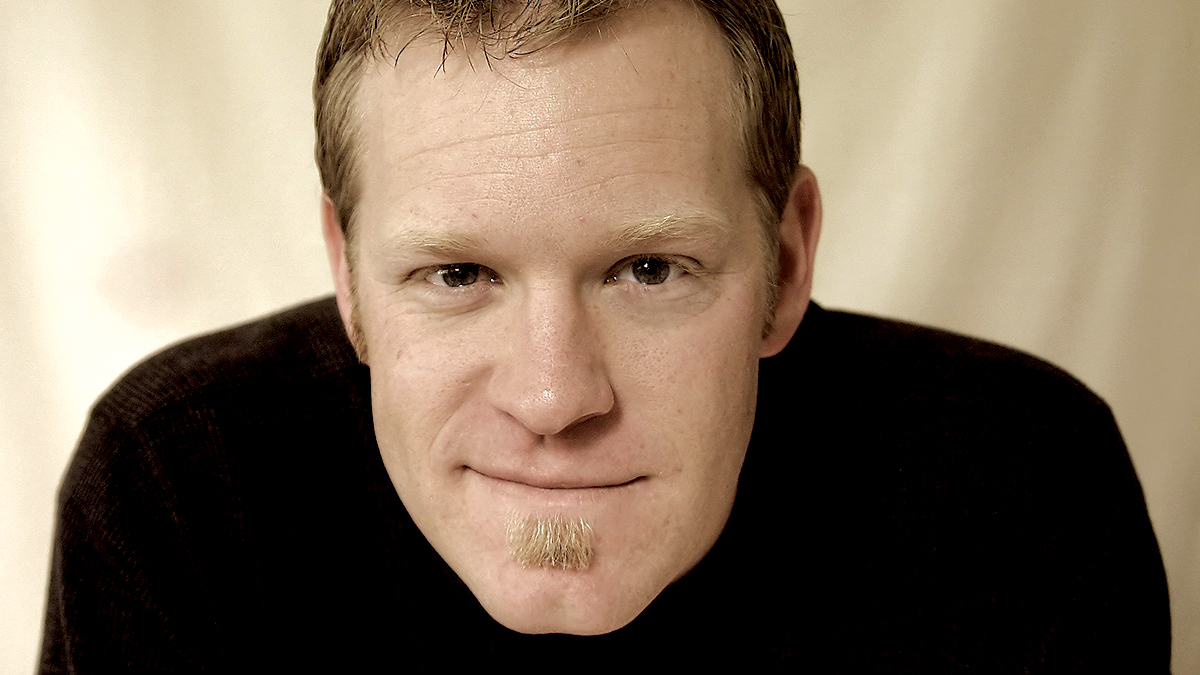As a dynamic young preacher at a large church, J. R. Briggs felt God calling him to start a church plant. Gradually, the church grew, but its growth eventually stalled out. Disappointment led him to found the Epic Fail Pastors Conference—"a gathering for pastors and leaders seeking to understand how God works through failure"—and to write Fail: Finding Hope and Grace in the Midst of Ministry Failure (InterVarsity Press). Briggs spoke with Drew Dyck, managing editor of Leadership Journal, about redefining the notion of ministry success.
What attracted you to a topic that most people would rather avoid?
It started with attending pastors' conferences. They featured well-known pastors of large churches, but average pastors were never invited to share their experiences. These events were all about success and getting results. I was in the middle of a painful season of ministry. I needed something that wouldn't discourage me or add to my spiritual vertigo. I wanted to talk honestly. I needed an AA meeting for pastors, but there was no such thing.
Many pastors, ex-pastors, and Christian leaders were desperate for that type of forum. I wasn't trying to create a conference. I simply longed for a space where no one was scared by the shortcomings of other sinners, even if those sinners were also ministry leaders.
Do our issues with failure come from faulty notions of success?
I don't like using the word success when talking about ministry. I'd much rather use words like health, faithfulness, and obedience. Our culture is obsessed with success, and the church is not immune. Pastors are inundated with temptations to chase the wrong things. We need to take a hard look at how we define ministry success and failure—and then measure it against Scripture. Eugene Peterson wrote, "The biblical fact is that there are no successful churches. There are, instead, communities of sinners. . . . In these communities of sinners, one of the sinners is called pastor."
What do you say to pastors who feel like failures?
Mostly I just listen. Pastors rarely have someone who will truly listen in times of deep hurt. Eventually I might encourage them to apply the grace they preach to their own lives. I remind them that our worth is not tied up in what we do or how well we do it. I often remind them (and myself) that Jesus won't say to us, "Well done, good and successful servant." I also encourage them to camp out in the Psalms. I've found praying the Psalms to be incredibly healing.
How transparent should pastors be about their failures?
Balancing wisdom and courage is crucial. Leaders should wisely and courageously model transparency for those we're called to serve. Henri Nouwen wrote that pastors are the least confessing people in the church. Few pastors have close relationships where they can have honest conversations, where nothing is off-limits.
It's been said that if you preach out of your weakness, you'll never run out of material. More important, grace, not the pastor, takes center stage. Instead of having people remark, "That preacher is so funny" or "He's such a charismatic leader," they start saying things like, "Wow, God is gracious" and "God's love is so extravagant!"
For many, a failure means the end of ministry. Others pull through and become more effective. What makes the difference?
My friend Stephen Burrell did his dissertation on amoral ministry failure. He did hundreds of interviews with pastors and former pastors who failed in ways not involving moral failings. While we all handle failure differently, Burrell noticed patterns among those who responded in healthy ways.
Some habits were not surprising: They had support systems and mentors, and they pursued God through prayer, solitude, and Scripture reading. But there were three surprising factors. First, the majority didn't bounce back immediately. They took time to grieve and heal. Second, they developed significant relationships with non-Christians before reconnecting with the Christian community. These friendships seemed to assist the healing process. Finally, they experienced a spiritual breakthrough. They could look back to one powerful moment when they strongly sensed the Holy Spirit at work. These experiences enabled them to let go of bitterness, forgive, and begin to hope.
Richard Rohr talks about "the authority of those who have suffered." Does failure create better ministers?
Pastors with deep wounds tend to be more gracious and tenderhearted. Failure is a clear invitation to deeper forms of grace. It can make us better ministers, but only if we handle it with grace and truth. Our response matters. Part of the role of pastor is to handle pain faithfully in light of the Cross.











